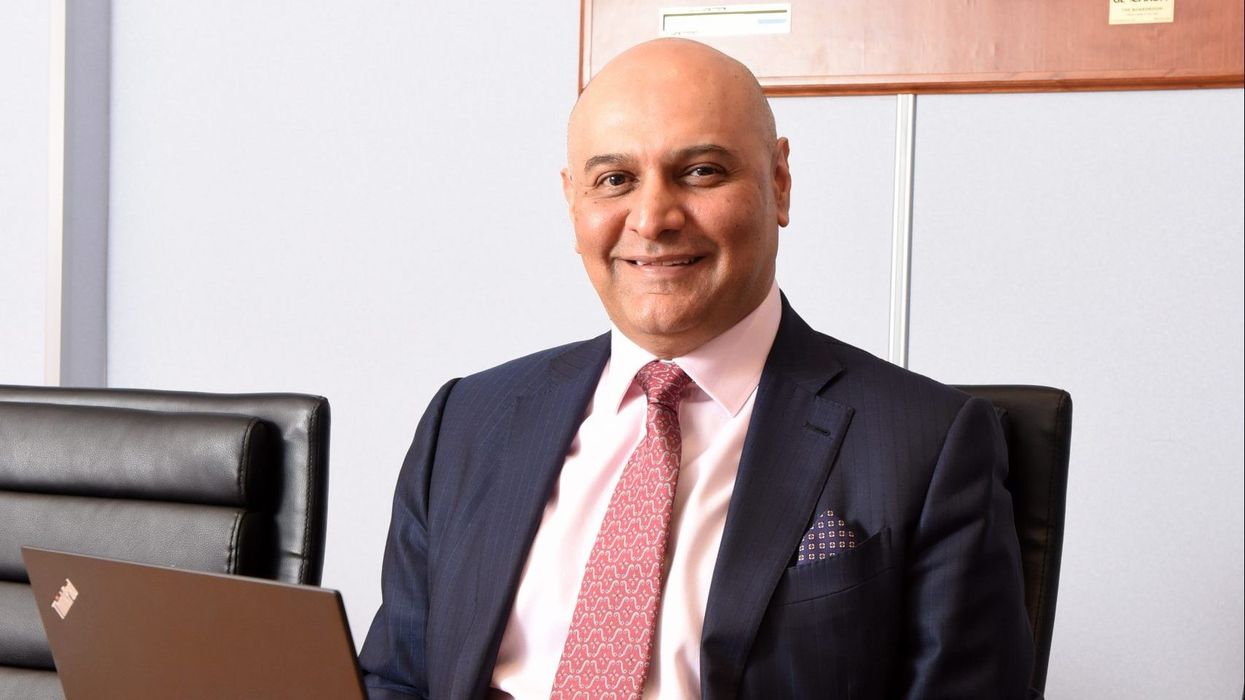by Amit Roy
COUNCILLORS on Westminster City Council have emerged as the heroes of the battle to save the India Club, the historic venue in London with close links to former high commissioner VK Krishna Menon, the India League and the fight for
Indian independence.
As reported in Eastern Eye last week, the council’s planning sub-committee rejected proposals from a property company to demolish the India Club bar and restaurant which occupy the first and second floors respectively of the Hotel Strand Continental at
143-145 The Strand.
Marston Properties, the freeholders of the property, has been attempting for many years to oust the leaseholder Yadgar Marker, who has been running the India Club for the past 20 years.
Labour MP Virendra Sharma, who gave evidence to Westminster, warned: “The future of the India Club is not yet totally safe, but we have won this first battle.”
The four councillors, who discussed the planning application last week, were unanimous in emphatically rejecting proposals from Marston Properties to get rid of the India Club
and replace the modestly priced Hotel Strand Continental with a much more expensive hotel. There were plans to put in rooms with en-suite bathrooms on the various floors, including the two occupied by the India Club.
The council was impressed that the “Save the India Club” petition was signed by 26,000 people, including prominent personalities from both India and the UK.
Councillor Tony Devenish, chairman of the committee, said in a statement: “Westminster Council refused permission for the redevelopment of 143- 145 Strand due to the potential loss of an important cultural venue located on its site, the India Club. The India Club has a special place in the history of our Indian community and it is right that we
protect it from demolition.”
Devenish said he had once lived in India – “it’s a great country” – and also complimented
the Indian community in London, while councillor Timothy Barnes declared an interest in
the India Club: “I have been eating there for 20 years and look forward to doing so in the future.”
The councillors urged Marker to apply to the council for designation as an “Asset of Community Value” to give it greater protection.
A third councillor, Tim Roca, acknowledged Marston Properties was free to lodge an appeal
against Westminster’s decision.
“They have taken legal advice and we have taken legal advice,” he said. “We will defend our decision robustly.”
He added: “It was right for myself and fellow councillors to refuse planning permission which would have seen the loss of the historic India Club.
“Not only is the club an embodiment of Indian- British history, with key links to the independence movement, but it is also a thriving present day cultural destination.
“Instead of appealing against the decision, which I’m sure Westminster Council would contest vigorously and confidently, the developers should be working with the India Club in securing the next chapter of its history, for the benefit of generations to come.”
But so far Marston Properties, which claims to respect heritage, has given no indication that it would be content with a compromise solution. It thought it had won when Historic England recommended to DCMS (Department for Culture, Media and Sport) that the India
Club should not be granted listed status because it allegedly lacked architectural
merit – not everyone agrees with this view because the India Club has retained many of its colonial features.
Westminster Council was severely critical of Historic England for not having taken into account the India Club’s cultural values and its historic links with the India
League. The latter was set up in the 1940s by VK Krishna Menon as the vehicle to fight for Indian independence. In 1947 he became independent India’s first high commissioner in London.
His portrait hangs in the India Club restaurant which was the spot Marston Properties had
intended locating a lavatory (according to its detailed plans) in what has been taken as an insult to India and Indians.
Marker and his daughter Phiroza, who helps her father run the India Club, expressed “delight” with Westminster’s decision and said: “We have been overwhelmed with the support we have received.”
“The India Club is a constant reminder of Westminster’s multicultural identity and Indo-British friendship,” they added.
Westminster’s decision has been welcomed by many prominent personalities in Britain and India.
Former culture minister Ed Vaziey hailed it as “tremendous news”.
In India, author and MP Shashi Tharoor tweeted: “My late father Chandran Tharoor was one of the founders of the India Club, with Krishna Menon. A silent tip of the hat to his memory.”
The historian Kusoom Vadgama, who was emotional after last week’s council meeting which she attended, recalled she had first visited the India Club after arriving from Kenya in 1965.
“When the decision was announced, it was nothing but sheer joy,” she commented. “I do not see the verdict as a victory for the India Club or a defeat for the developers. The winner to me is the Indo- British relationship.”
Lord Karan Bilimoria said: “An important decision has been made to preserve one of London’s most valuable pieces of British Indian heritage.
“I first visited the India Club as a boy with my late father Lt Gen Faridoon Bilimoria. Generations to come – both British and Indian – will be deeply indebted to those who signed the petition and campaigned hard to save this distinguished building.”












London's India Club will be an asset for history fans